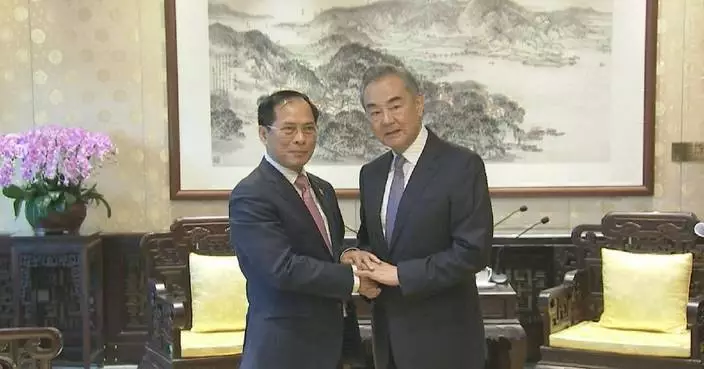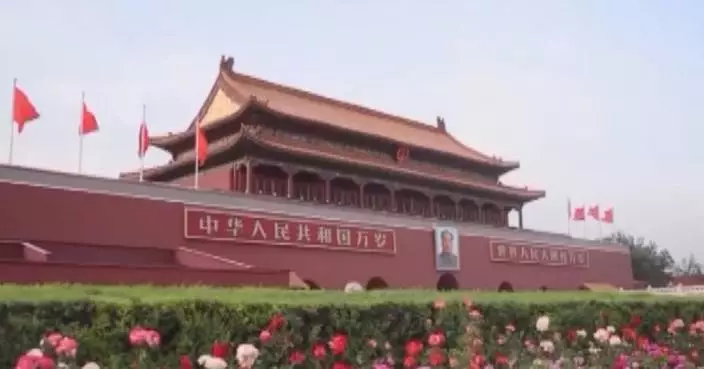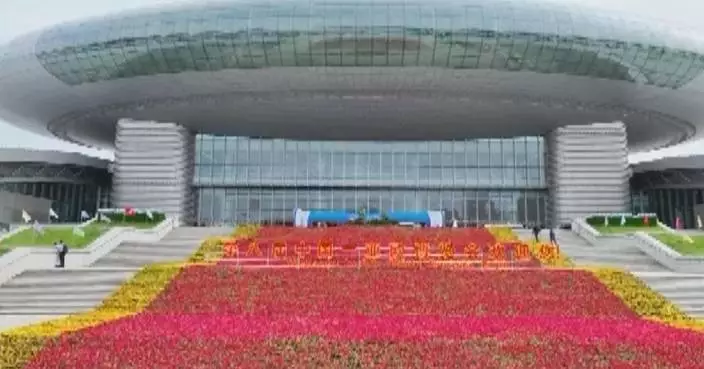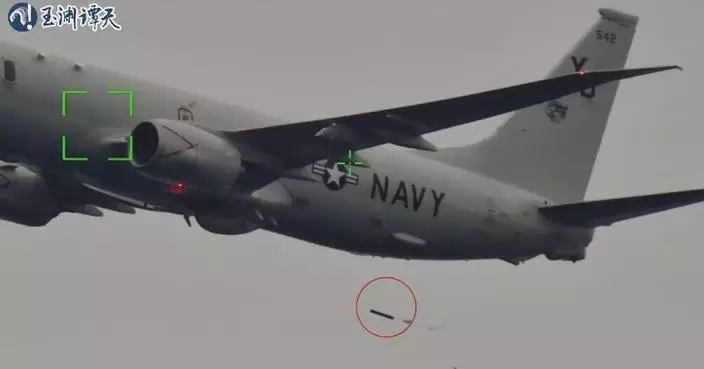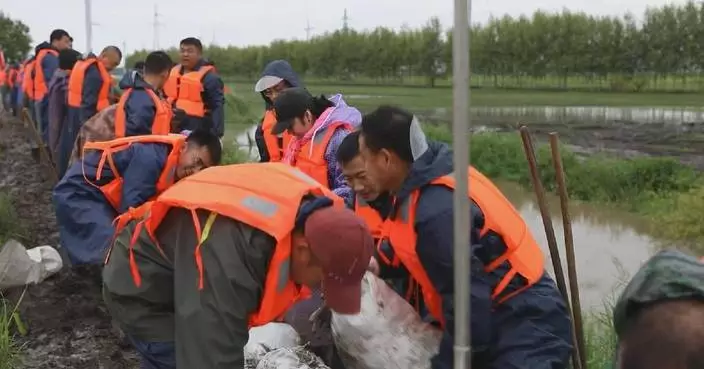The halt of humanitarian aid by the United Nations World Food Program (WFP) at the U.S.-built pier in the Gaza Strip has sparked widespread concern among the local population, who are already grappling with the devastating effects of conflict and the dire need for basic necessities.
The UN World Food Program announced last week it would suspend the distribution of humanitarian aid via the U.S.-built pier off the coast of Gaza. The suspension, prompted by security reviews and the safety of staff, has left many wondering about the future of food and water supplies in the region.
Cindy McCain, head of the WFP, confirmed the temporary halt of operations from the U.S.-built pier, a move that follows the tragic events of June 8 in Al Nuseirat, where an Israeli military attack resulted in the death of 274 Palestinians, with hundreds more injured and civilian infrastructure, including WFP warehouses, destroyed.
International relief organizations have consistently called for the protection of their personnel while they perform their critical missions in the Gaza Strip.
Hisham Muhanna, a spokesperson for the International Committee of the Red Cross in Gaza, highlighted the complexity of the humanitarian situation, exacerbated by the escalation of military operations and the lack of security measures for aid workers.
"The humanitarian situation has become extremely complex, especially during the past few weeks, after the expansion of military and other hostile operations throughout the Gaza Strip, and the absence of necessary security measures for humanitarian teams to move freely and safely, needless to remind that they're protected personnel under the International Humanitarian Law," said the spokesman.
The suspension of aid is particularly distressing for families like that of Hoda Al-Sarsak, a mother of six displaced children in central Gaza, who rely heavily on UN relief for sustenance.
Al-Sarsak expressed her fears about the future.
"We barely have flour to make bread for our children, so what will things be like now with the suspension of aid packages, food and water? How can we take care of the children? Either war or starvation, but both? It's too much. These kids do not understand that we cannot provide them with enough food and water, they just want to eat, we don't have the money or the supplies, totally nothing," she said.
The pier, intended to facilitate the delivery of humanitarian aid to Gaza's civilians, has been under scrutiny, with some Palestinians suggesting that the aid truck used by Israeli forces in the Al Nuseirat incident originated from the pier.
Wissam Afifa, a political analyst, has called for the transformation of the seaport to be free from political and military control and to serve the broader needs of the Palestinian people.
"It's true that the seaport is very important, but it should be transformed into a real seaport that can accommodate a larger number of ships and containers, and not be controlled by either the Americans or by Israel. It should be removed from the circle of political and military use, as there are Palestinian doubts about it," said the analyst.
Despite the pier's efforts to dispatch 820 tons of food to the Gaza Strip since its inception, it has not been sufficient to meet the growing demands of the population. The WFP's prediction of impending famine in Gaza has led to urgent calls from UN institutions for the opening of Gaza's border crossings to allow for an increased flow of humanitarian aid.

Gaza refugees struggle for survival as UN halts aid distribution

Gaza refugees struggle for survival as UN halts aid distribution




